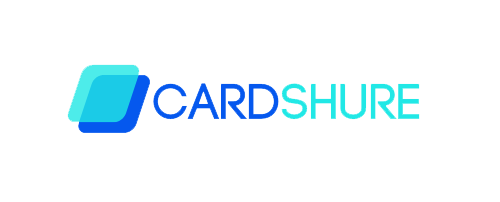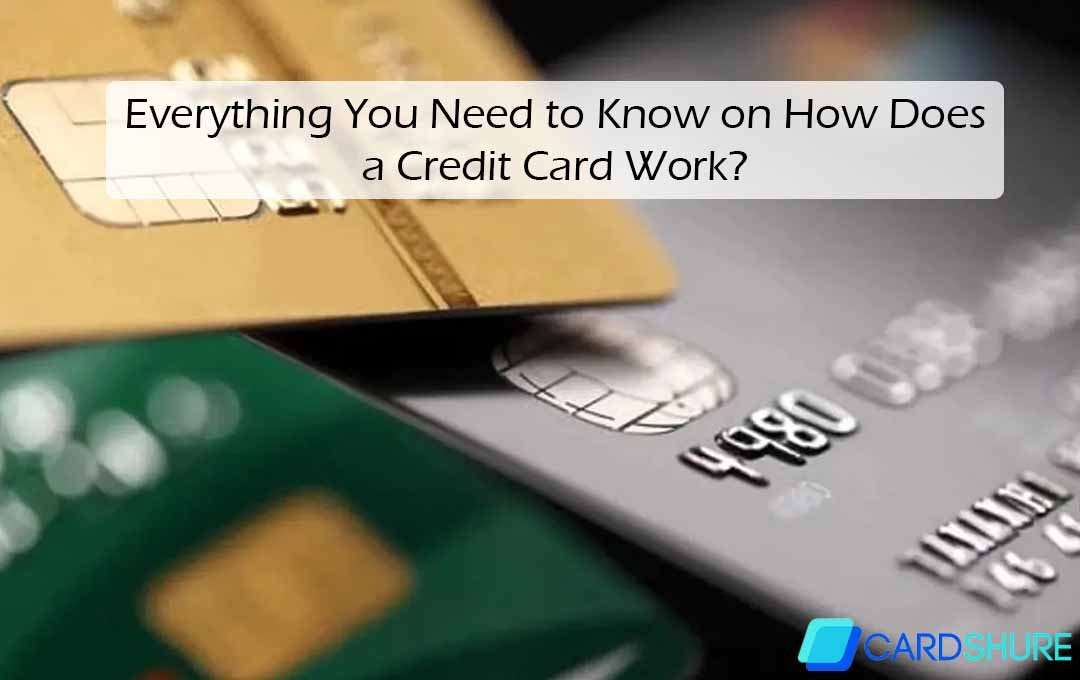How Does a Credit Card Work? You probably must have heard people talking about how their travel credit card helps them travel and have a nice time in a location of their choice. And probably you might have heard about the money your friends save with their cash-back credit card, which earns them cash back on every purchase that they make. So, if this interests you, and you want to get a credit card, then you might want to know how a Credit card works.
How Does a Credit Card Work?
How Does a Credit Card Work? Well, you can say a credit card is more like a short-term loan from a credit card issuer. Unlike a debit card that takes money directly from your checking account, a credit card makes use of the issuer’s money and then bills you later. This also makes them a much stronger ally when it comes to fraud cases.
Based on the fact that your activity is reported to the credit bureaus (which usually does not happen with debit cards), making use of a credit card responsibly can help you build great credit. This credit history would help you when it comes to applying for bigger loans like a mortgage, or when you are applying for a job or an apartment.
Credit Card Terms
Here, I will be giving you some terms that would help you better understand how credit cards work:
Credit Limit: The Amount of money you get to spend on your card at one time, or the size of your ongoing loan. The credit card issuer determines this. The better your credit and the higher you earn, the higher your credit limit will be.
Balance: This is the amount that you have spent on your card and is yet to pay back. This is also called credit card debt. Let’s say you have made $200 in purchases, and you are yet to pay it off, then your credit card balance would be $300.
Available Credit: This has to do with the amount that you can spend before you hit your credit limit. If your credit limit is $1000 and you have a balance of $300, your available credit would be $700. If you make a payment of $200, it would go back up to $900.
Billing Cycle: this is a set period during which you purchase stuff. Right after the period is over, you will get a bill and will have about a month to pay it back.
Statement due date: this is a date on your statement by which you are expected to pay the minimum amount due to keep your credit card account in great standing.
Minimum Payment: This is the amount of your credit card bill that you are expected to pay each month, which usually is a small percentage of your total balance. If you do not pay up months before the date is due, the issuer will charge you a late fee. If you make a late payment, they might report a late payment to the credit bureau, this is a mistake that your credit report can carry for about seven years.
How Much Does Credit Card Interest Cost?
When it comes to the downside of credit cards, it is mainly because of the sky-high finance charges that they place on cardholders.
And this is true. With an average APR of 14%, making just the minimum payment can cause your balance to immediately spin out of control, leading to the crushing avalanche called credit card debt.
Let’s say you charge $3,000 to a credit card with a 17% APR, for example, and only pay the minimum each month, it would take you about 10 years to pay off your initial balance, by which time you would have paid over $2,200 interest.
This is mainly because most credit card companies don’t charge interest till after your statement’s due date. So, if you choose to pay the bill in full, you would not pay a dime in interest. This “grace period” is one of the best things about responsible credit card use.
Try Seeing your credit card as if it were a bit more like a debit card or something that would take money right from your bank account. It could actually help you to imagine having a separate checking account – every time you make a credit card purchase, you would be able to transfer that amount to the second account; and at the end of the month, you would have enough in that second account to make the payment for the full statement balance. This strategy probably is not too practical, but it should help you illustrate the point.
What Fees Do Credit Cards Charge?
Aside from Interest, Credit cards actually have some other fees that you need to be aware of, and includes:
- Late Fees: The issuer will charge these if you do not make your minimum payment by the statement due date
- Annual Fees: On some cards, the issuer would charge this once a year in other to cover the benefits offered by the card. If you would get a credit card at all, it is best you go for one that has no annual fee.
- Cash Advance Fees: if you decide to take out cash with your credit card, you will be charged hefty fees. It is best you do not use a credit card for any cash advances
- Balance Transfer Fees: If you make any transfer of a balance from another credit card, which can be a smart strategy with 0% APR cards, you would often pay a fee that is equal to a percentage of the balance that was transferred.
- Foreign Transaction Fees: When you choose to make purchases in a different currency, the issuer might charge a fee, so if you travel abroad more often, you should look for a card that has no foreign transaction fees.
What Types of Credit Cards Are Available?
When it comes to the type of credit card, this world is a really big one, and there are tons of different cards right for different people. I will be giving you some common cards issued by your standard bank. They include:
Rewards Credit Cards: Just as they sound, these cards usually offer rewards for their users, which include cash back, statement credits, or points for flights and hotel stays. You might not be able to qualify for the most rewarding cards at first, but if you make use of the first card responsibly, you should be able to qualify for much better, more rewarding cards with time.
Secured Credit Cards: Whereas most credit cards are “Unsecured,” Secured cards are created for riskier borrowers so that they would require a security deposit to be approved. You would be required to make an upfront deposit of $500 that would serve as your credit limit. Secured credit card payments are reported to the credit bureaus, just like most unsecured cards, making it a much easier way for you to build your credit.
Charge cards: these cards are similar to regular credit cards, but have one major difference. They do not come with a traditional set credit limit, although you still have a limit to how much you would be charged to the card at once. But you are not allowed to carry a balance from month to month and you are expected to pay the statement balance in full by the due date, each time.
How Can You Get a Credit Card?
Getting a Credit card requires you to complete an application on the website of the credit card issuer. You would be asked for basic information, including your income and social security number.
With the details, the issuer would check your credit scores and reports. If based on the details it thinks you are fit, it will approve your credit card application; if not, it will deny you. If your credit card request gets denied for a credit card, do not despair. That is just a sign that you applied for a credit card that does not fit your credit profile or that you need to build your credit more.

